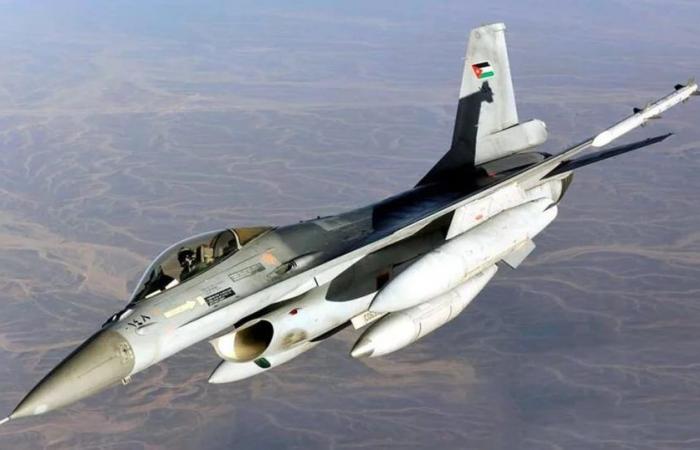During the Iranian attack against Israeli territory on April 13, Israel had unexpected support: the Hashemite Kingdom of Jordan. Authorities in Amman reported that Jordanian fighters managed to successfully identify and destroy drones that crossed their airspace before they could reach their targets in Israel.
Concerned about the escalation of war and the consequences of the regional confrontation, Jordanian King Abdullah II was careful to clarify that his country “will not be a battlefield for any of the parties.” “The protection of the Jordanians is above all,” said the monarch, who sought to remove the kingdom from an escalation of war that has the entire Middle East in suspense.
The relationship between Israel and Jordan had a very turbulent beginning. In 1948, as soon as the State of Israel was proclaimed, a group of Arab countries refused to accept its existence and launched a first offensive, which was repelled by the invaded country. Two other conflicts followed: the Six Day War, in 1967, and the Yom Kippur War, in 1973.
On the other hand, between 1950 and 1967, the country had under its control the Palestinian territories of the West Bank and East Jerusalem, which were occupied by Israel after the 1967 conflict. After two tumultuous decades, which included the bloody 1970 repression against the Palestinians – the so-called “black september”–, in 1988 Jordan renounced its rights over the West Bank in favor of the Palestine Liberation Organization (PLO), considered “the only legitimate representative of the Palestinian people.”
Following the 1993 Oslo Accords between Israel and the PLO, the way was paved for a recomposition of relations between the Jordanian monarchy and the Jewish state. That’s how, In October 1994, the Treaty of Wadi Araba was signed, which allowed the establishment of diplomatic ties between the two countries and the delimitation of borders.
Israel also pledged to respect the Jordanian monarchy’s role in protecting Christian and Muslim holy sites in Jerusalem. In this way, the Tel Aviv authorities endorsed that condition of the Hashemite monarchy, which it had been exercising uninterruptedly since 1924.
In 1996, the implementation of agreements on trade and transport allowed the beginning of commercial links. In the next two decades, The exchange of goods and services multiplied until reaching, in 2022, 363 million dollarswith a clearly favorable balance for Jordan, which exported more than 270 million to Israel.
The Jordanian authorities, meanwhile, have strengthened their alliance with the United States, with a notable increase in the flow of weapons. Faced with the destabilizing advance of the Iranian regime, The Hashemite monarchy has maintained a firm bond with Washington and is, since 1996, an important extra-NATO ally, like Egypt.
“Jordan is a key US ally in the region, and its position is very sensitive in the midst of this war, given the large Palestinian population it has in its territory and its own relations with Israel,” the Secretary of State recently stated. State, Antony Blinken, who reaffirmed that the alliance between Washington and Amman is “strong and lasting.”






